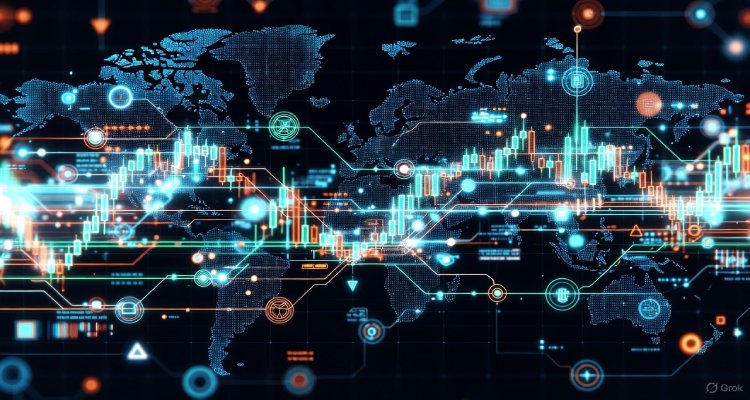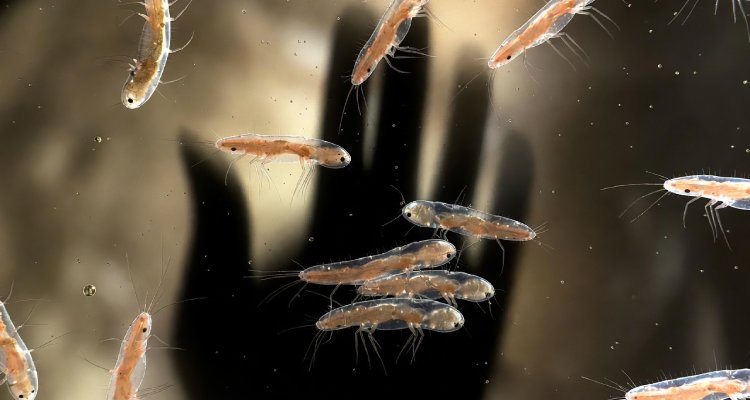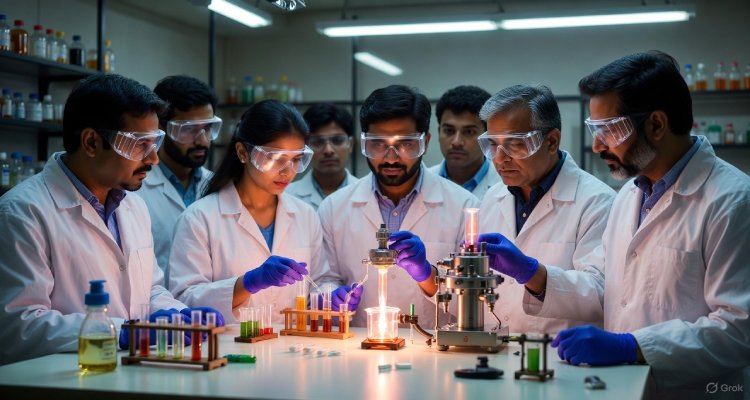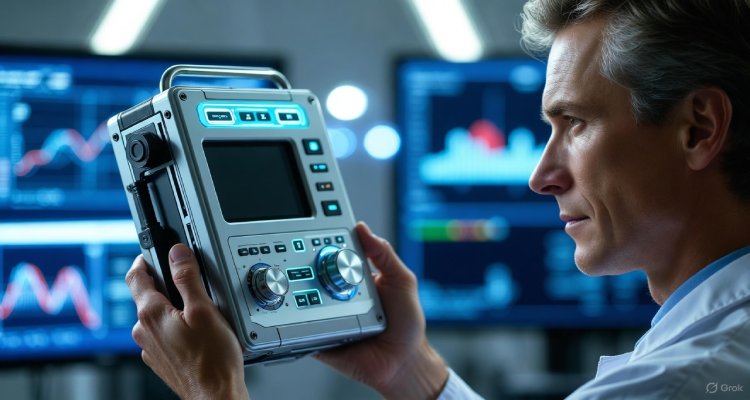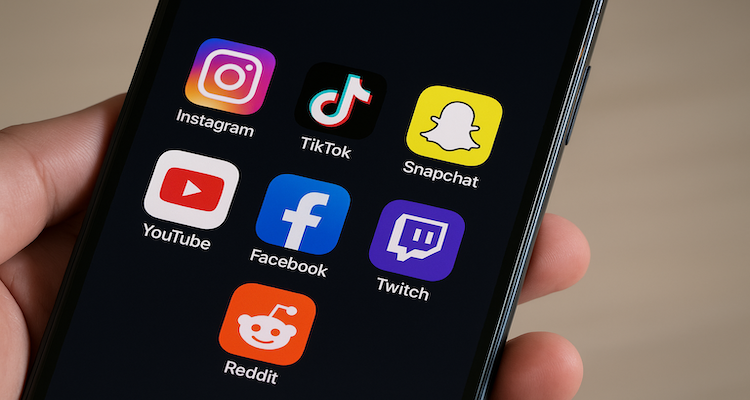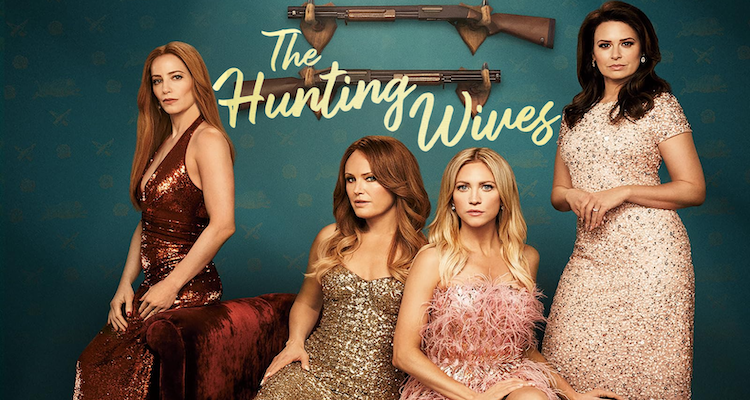AI Shines with Nobel Prize Wins
Artificial intelligence (AI) took center stage in science with two Nobel Prize wins in one week. Geoffrey Hinton and John Hopfield were awarded the Nobel Prize in Physics for their contributions to modern AI, while David Baker, John Jumper, and Demis Hassabis shared the Nobel Prize in Chemistry for using AI to understand protein structures. These awards highlight AI’s transformative role in science, after years of being overlooked. Experts suggest this may be a sign to create a new Nobel category for AI, software engineering, and related fields. AI’s influence on modern science is undeniable and continues to grow.
After years of being overlooked, artificial intelligence (AI) has now entered the scientific spotlight, with two Nobel prizes in one week. Geoffrey Hinton and John Hopfield were awarded the Nobel Prize in Physics for their foundational work in AI, while David Baker, John Jumper, and Demis Hassabis shared the Nobel Prize in Chemistry for using AI to unlock the secrets of proteins.
AI’s role in transforming science is undeniable, with experts like Professor Elena Simperl from King’s College London affirming its impact on scientific methods. Despite AI’s history, which includes periods of stagnation and lack of funding known as “AI winters,” its recent resurgence, highlighted by tools like OpenAI’s ChatGPT, has brought it to the forefront.
The Nobel recognition reflects AI’s broad influence across various scientific disciplines, and some suggest the creation of a new Nobel category for fields like AI, software engineering, and cybersecurity. This acknowledgment underscores how modern science has evolved, with AI playing a pivotal role.
Demis Hassabis, a co-founder of DeepMind, noted that their early AI work in games like AlphaGo paved the way for AlphaFold, which contributed to their Nobel win. He even encouraged young people to engage with games as a way to understand computers. As the conversation continues, some even humorously speculate about future AI-related Nobel honors, including for figures like Sam Altman, the CEO of OpenAI.

